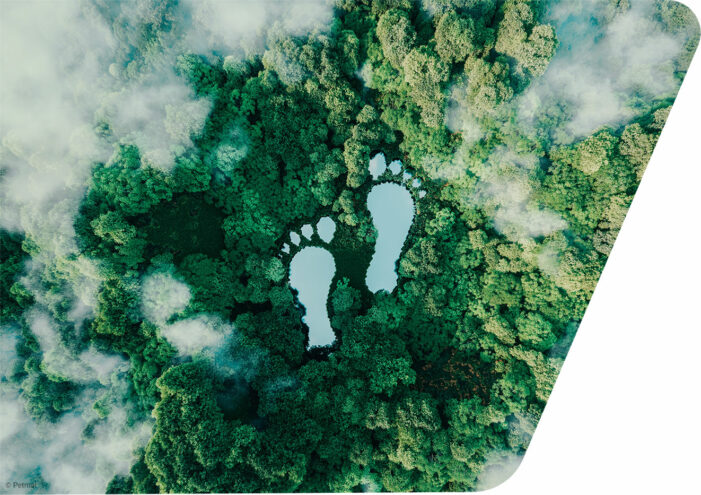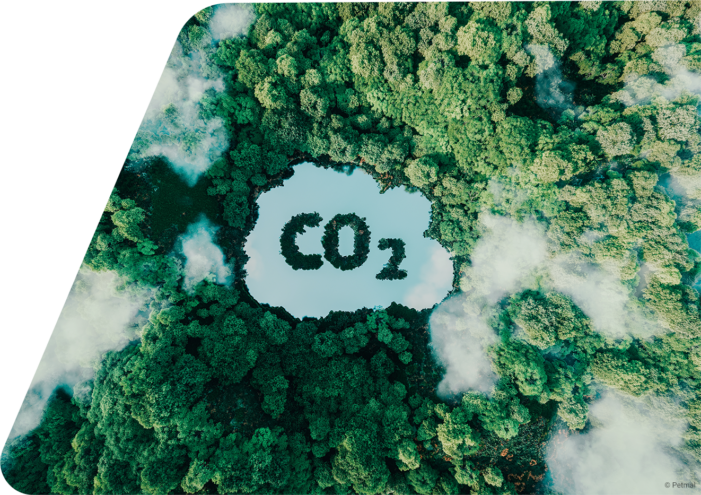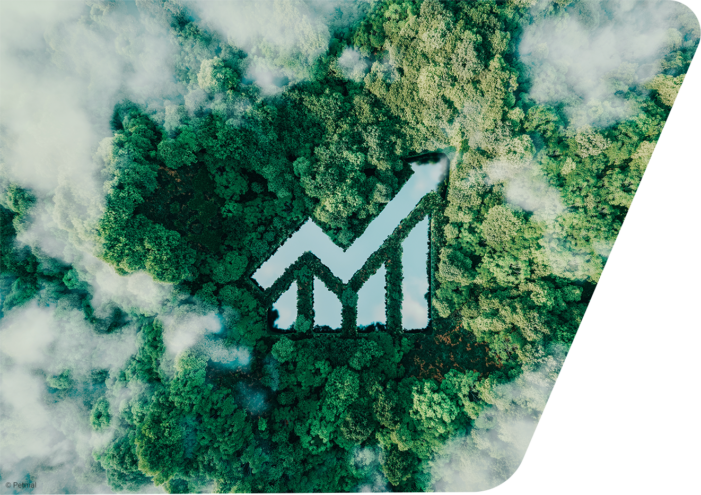At ZUFALL we don’t close our eyes to the problems of the time, but try to improve every day. Sustainability – for us, that means not only the careful use of ecological resources. For us, it is a triad of business, environment and people. Our sustainability commitment therefore goes beyond climate neutrality. In our transformation process ZUFALL100, we focus both our decisions and our actions more and more on sustainability.

Demographic change does not stop at the logistics sector. The labour market is already short thousands of skilled workers and this problem will become even more drastic in the coming years when the baby boomers retire.
In the example of our industry, this is particularly made evident in the shortage of drivers. According to projections, there is already a vacuum of more than 80,000 drivers on German roads. On top of that, the job profiles for ‘logisticians’ have become much more diverse. New professions such as IT specialists, marketing specialists and even lawyers are needed in modern logistics companies. So the fact that the industry’s reputation is staler than it deserves doesn’t help either.
What ZUFALL is doing:
As an employer, we are committed to nothing less than making the professional world of the future better. We are working hard to ensure fair and performance-based remuneration across the board. But we are also focusing on regulated working hours to reconcile family and work and health-preserving workplaces. As a strong community, we trust in the individual strength of all ZUFALLers. We are shaping a professional world of the future, in which every ZUFALLer’s voice is heard. Because even though we are all different, together we are shaping a sustainable future for logistics.
Extreme weather events demonstrate this to us, sometimes with frightening intensity: Climate change is gaining pace and the 1.5 degree target of the UN Climate Change Conference will not be met, according to experts. Our industry has played a significant role in this. The transport sector is the third largest driver of CO₂ emissions after the energy and industry sectors. One thing is clear for us as a company: We have to drastically reduce our emissions! But how?
What ZUFALL is doing:
At the ZUFALL logistics group, our transport services produce more than 90% of the CO₂ emissions. We have developed a comprehensive strategy on how to convert our vehicle fleet to alternative power forms, such as e-mobility or the use of green hydrogen. The remaining CO₂ emissions are distributed among warehousing and administrative areas. In order to improve in these area as well, we are currently modernising our buildings and will be using PV systems and intelligently controlled LED lighting at all locations as early as 2025. The exclusive use of green electricity is already a matter of course for us.


It is an open secret that globalisation also has its dark sides. Dependencies on individual economies, but also on functioning global supply chains, are increasing. The jamming of the Suez Canal or the Corona Pandemic were particularly drastic examples of how susceptible logistics systems can be to disruption. Combined with the pressure to innovate and digitise, this means that the logistics industry is facing far-reaching changes in order to continue to meet the high demands of customers. The challenge: In the logistics industry, this high pressure is exacerbated by low margins, a shortage of skilled workers, scarcity of cargo space and other aspects.
What ZUFALL is doing:
Truly, there is a lot to do, but we are not afraid of the future. As a company, we have set our heading and our sights on innovation and digitisation. We already rely on state-of-the-art technology, such as advanced transport management software. At the same time, in 2019 we created the zufall.lab, a place to promote innovation within our own company. This is where ZUFALLers develop ideas and pilot projects and test them in the field for their future viability.
Another building block of our economic success is long-term partnerships and customer relationships. Because our conviction is that long-term success is more important than short-term profits. This cross-generational thinking and acting is in our DNA as a family business.
